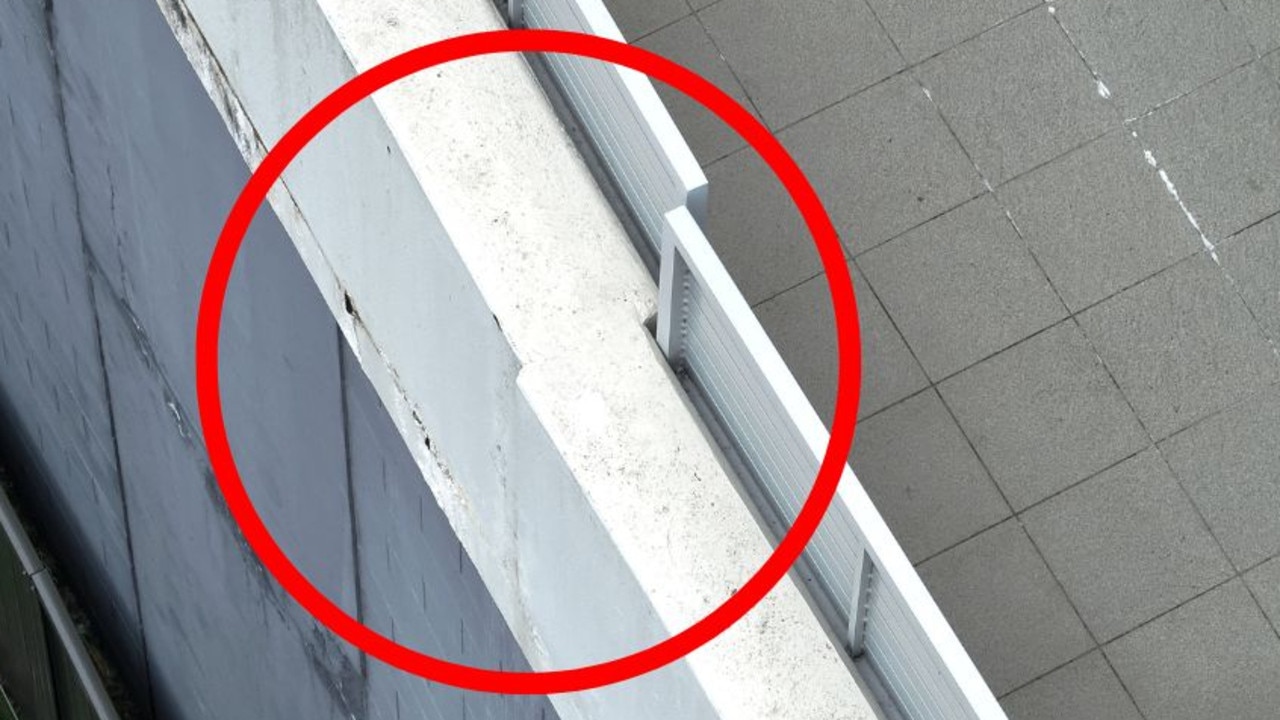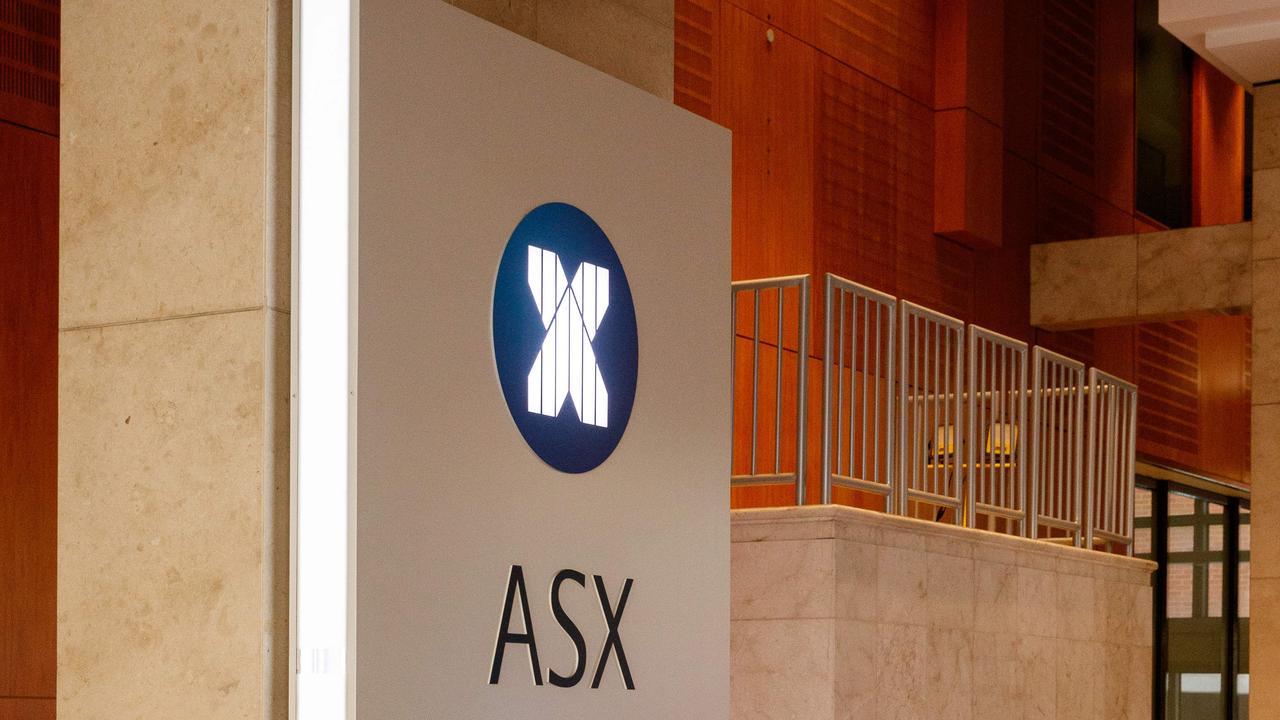ASIO chief admits to ‘slow progress’ working with tech companies to address right-wing extremism
Australia’s powerful spy chief has admitted “little progress” has been made working with tech companies to tackle right-wing extremism.
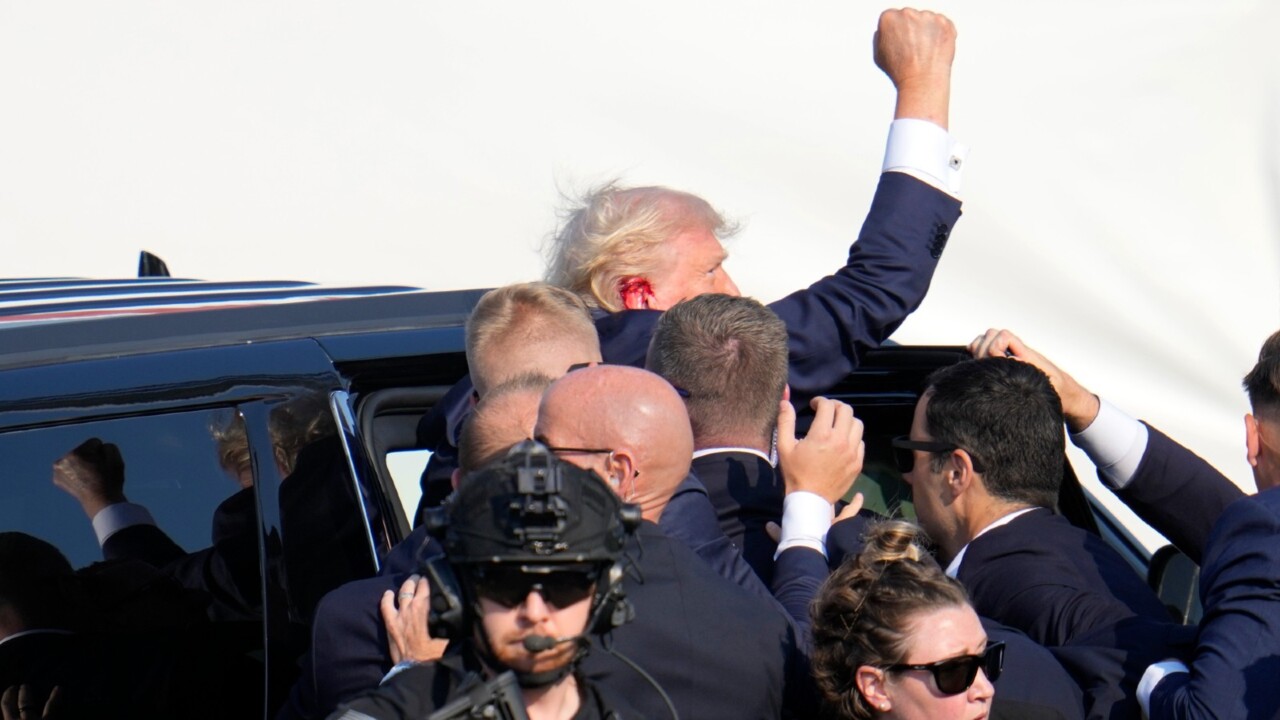
Australians’ trust in the government and social cohesion is being tested amid an “enduring threat” from violent right-wing extremists, the country’s spy chief has warned.
It comes as a senate inquiry into right-wing extremism in Australia continues on Wednesday off the back of months of pro-Palestine encampments at universities nationwide.
In his evidence, ASIO Director-General Mike Burgess admitted the agency continued to make “little progress” working with tech companies to address online radicalisation.
“The problem we’re facing, this is a real problem. We’ve been having a conversation with tech companies for a long period of time now,” Mr Burgess told the senate inquiry.
“We had a list of amendments that enable us to have this assistance from industry. Parliament has given us those laws. We’re asking for help. We will keep pressing it hard.”
In his evidence, Mr Burgess said ASIO faced threats from “lone actors and small groups of people who were “using readily available weapons and moving to violence”.
“This is a particular concern in our environment where social cohesion and trust in government are being tested … (and) young people are embracing violent extremism.
“I’m deeply concerned that we’re seeing young Australians and some barely in their teens hanging Nazi flags and portraits of the Christchurch killer, or their bedroom walls.”
Mr Burgess said Australia “needed to reflect on why and what we can do about it” and described online chat rooms where users discussed “how to provoke a race war”.
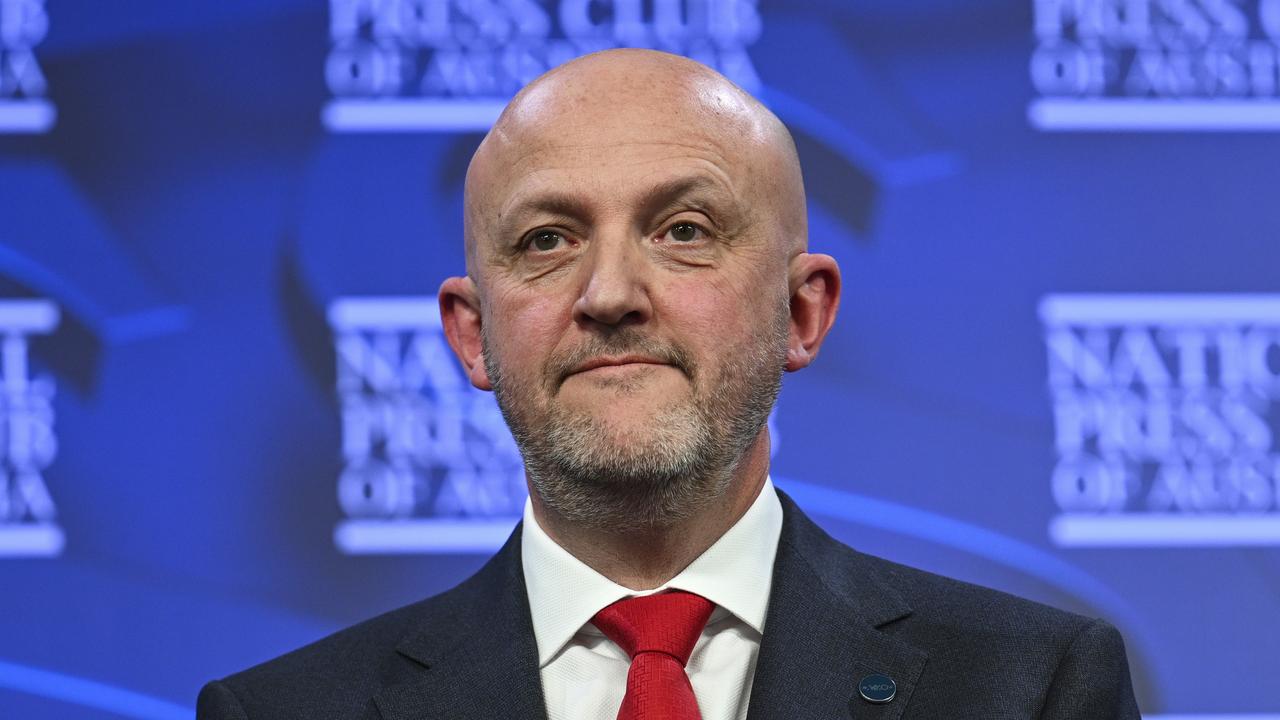
Queensland Nita Green questioned the spy chief as to whether comments made “in the senate chamber … where there’s a different type of legitimacy” differed to that online.
In response, Mr Burgess said he would “agree it has the potential to go in the wrong direction”, with representatives of both the AFP and Home Affairs also giving evidence.
AFP Assistant Commissioner Alison Wegg told the inquiry in 2024 so far 11 people had been charged as a result of six counter-terrorism operations.
Since July 2021, the AFP had conducted counter-terrorism operations against 27 people under 17 years of age – the oldest was just 12-years-old.
“To date, Australia’s experience of terrorism has been substantially focused on the ongoing threat of religiously-motivated violent extremism,” Ms Wegg said.
“One of the primary threat drivers for our current ideologically-motivated violent extremism counter-terrorism caseload is a nationalist and racist violent extremism.
“There remains a broad spectrum of persons with anti-government sentiment and specific issue grievances who may also read close to violence.”
The inquiry seeks to establish motivations behind right-wing extremists but heard evidence from Islamic social leaders that the law should “move away from … ideology”.
Australian Muslim Advocacy Network legal adviser Rita Jabri Markwell urged the government to move away from “religious language” which was “another prosecution barrier”.
“The single most instrumental action is to remove the motive element that exists in the terrorism definition, principally references to religiously-motivated terrorism,” she said.
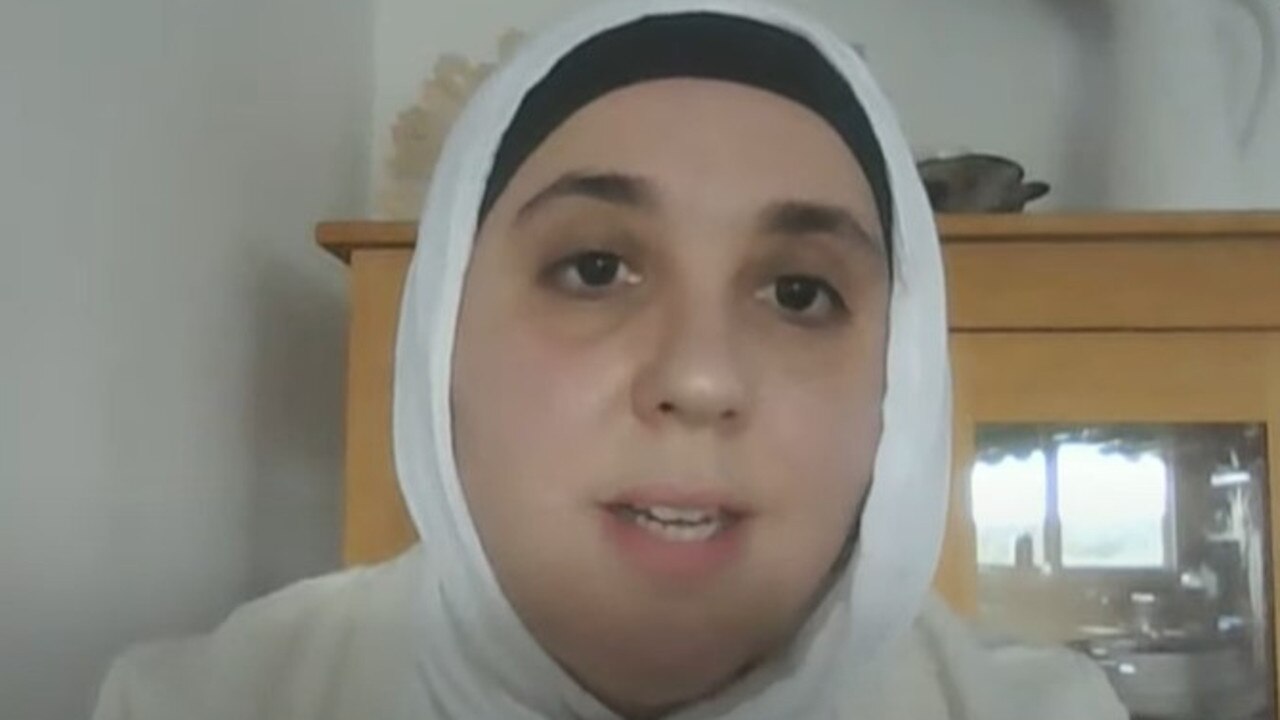
“We have evidence this not only glamorises ISIS and al-Qaeda, which want to be known as religious motivated … (but) dehumanises the entire religious community.
“The other problem is that it does become another prosecution barrier for far right actors because of uncertainty about establishing what constitutes an ideology.”
Ms Markwell said the government should remove the part of the Terrorism Act that an attack had to have intention to “advance a political, religious, or ideological cause.”
Instead, Ms Markwell said the law should “be on the transition to violence and all the other elements of the criminal offence of terrorism”, not just ideology.
“It (ideology) might be useful for an academic point of view and for civil society … But it hasn’t made anyone safer, it’s actually making community less safe.”
Islamophobia Register Australia founder Mariam Veiszadeh said Islamophobia was a gendered issue, with 78 per cent of victims women and 78 per cent of culprits men.
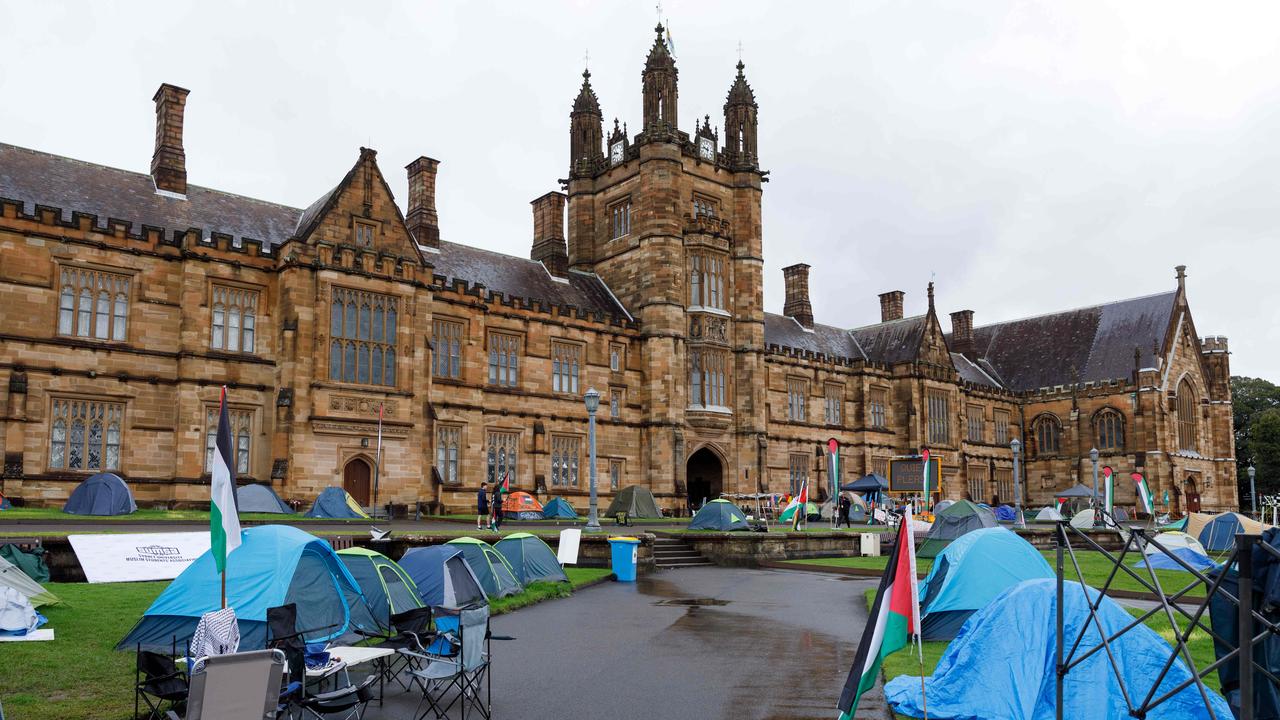
Universities Australia chief executive Luke Sheehy said that while right-wing extremism had “become more visible”, campuses were focused on “any type of extremism”.
“It is regrettable that we’re seeing an increase across society in more extremist behaviour … (because) there is a lot of information out there,” Mr Sheehy told the inquiry.
“Young people and people in the community need to have the skills to critique that information to make sure it’s correct and universities have a role to play in that.”
Mr Sheehy said universities were “places … for political discourse” but were facing what the inquiry was told was the “most intensive political activity since the ’60s”.
He said schools were balancing the importance of freedom of speech but did not shy away from pledging to clamp down “when peaceful protest hasn’t been peaceful”.
It comes after months of pro-Palestine encampments at schools across Australia and the world, many of which were forcibly closed.
Questioned by Greens senator Mehreen Faruqi about support for students facing disciplinary action, Mr Sheehy said he reached out to Jewish and Muslim student groups.
As the war in Gaza wages on, Mr Sheehy described persistent “tensions on campus” and said students were entitled to peaceful protests but also to be able to safely study.
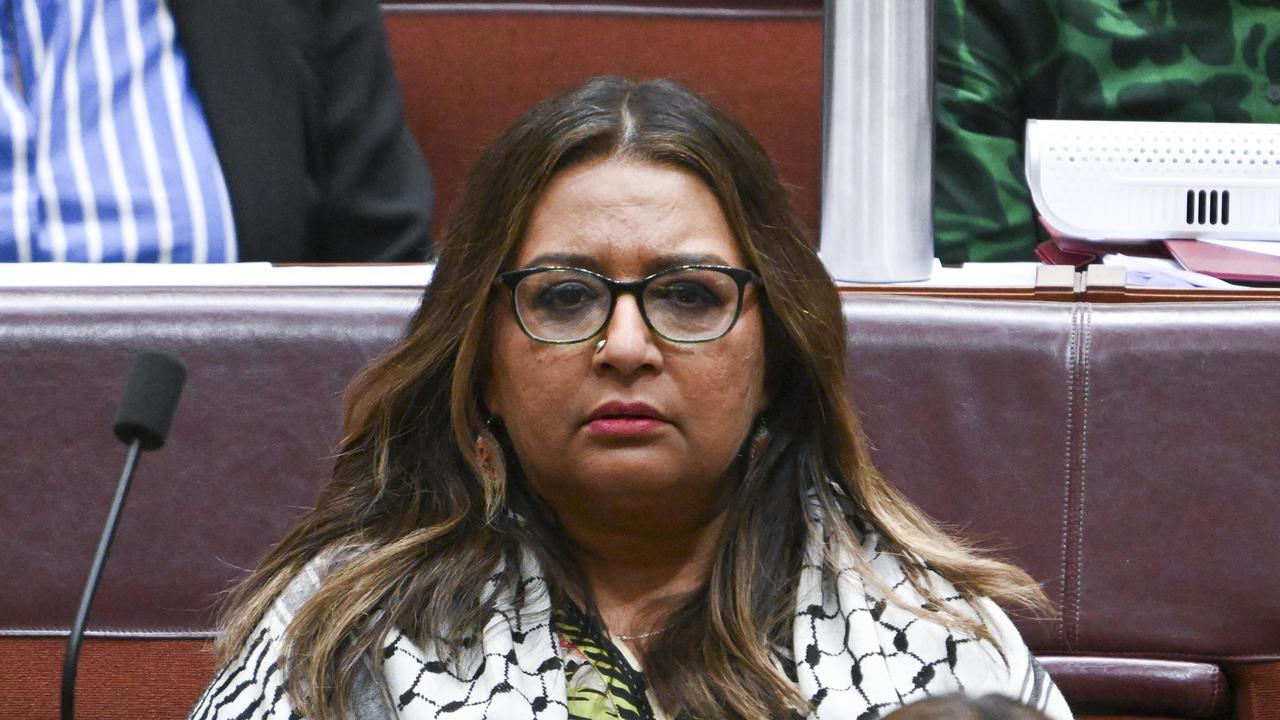
The senate inquiry heard a range of evidence on Wednesday from academics and seeks to, among other things, determine the “threat posed by extremist movements”.
University of Canberra “far-right researcher” Jordan McSwiney said right-wing extremism had increased in recent years and was tied to the history of “colonial violence”.
The inquiry was told technology had made it easier for right-wing groups to connect and politicians needed to be “thinking about who (sic) they are sharing space with”.
“It would be great to see some care in political rhetoric and activity among Australian politicians to … avoid normalising or promoting right-wing extremist ideas,” Dr McSwiney said.
Of particular focus was Australian-born Christchurch mosque mass murderer Brenton Tarrant, who Dr Imogen Richards described as a “very homegrown phenomenon”.
Asked by Senator Faruqi whether she thought there had been a “reckoning” with the attack, Dr Richards said Australians still believed “(Tarrant) was someone else’s problem”.
While Australian Strategic Policy Institute head of Strategic Policing and Law Enforcement, Dr John Coyne, agreed with the threat from “right-wing extremism”, he took issue with the wording.
He said using that term in political parlance would “legitimise those individuals and their belief systems” and that there was “no issue being conservative nor was there being a Green (party member)”.
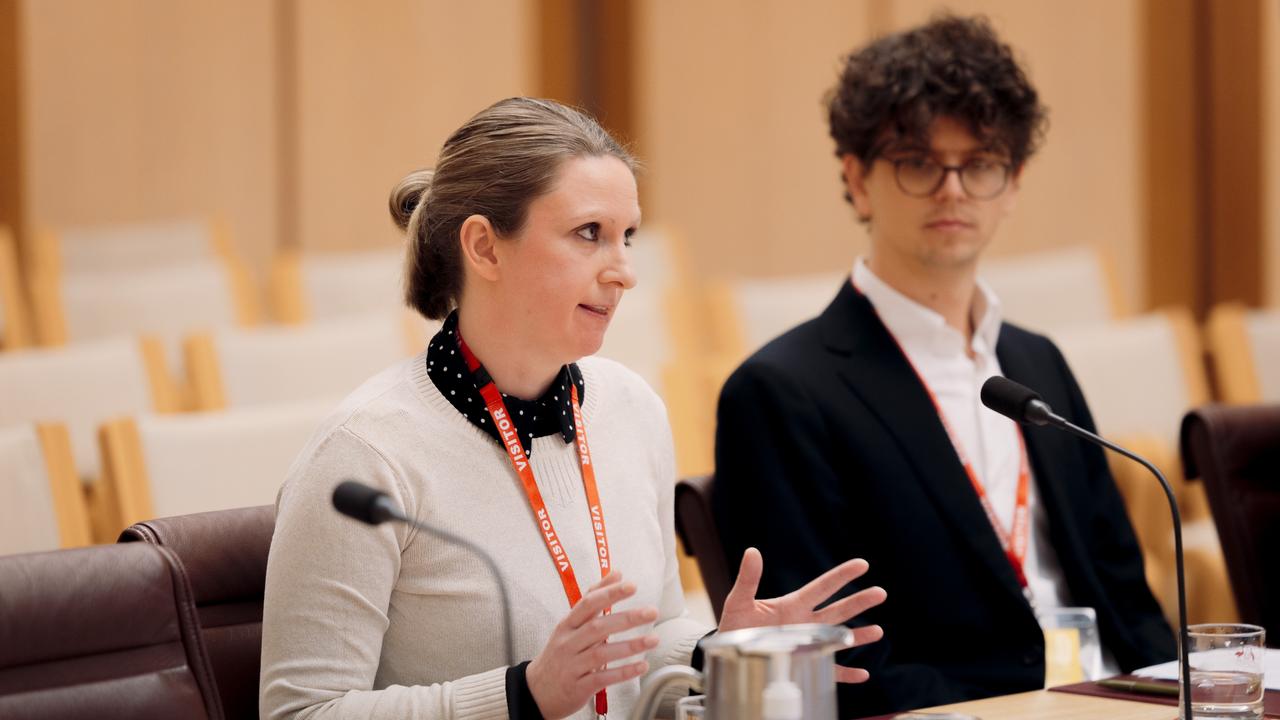
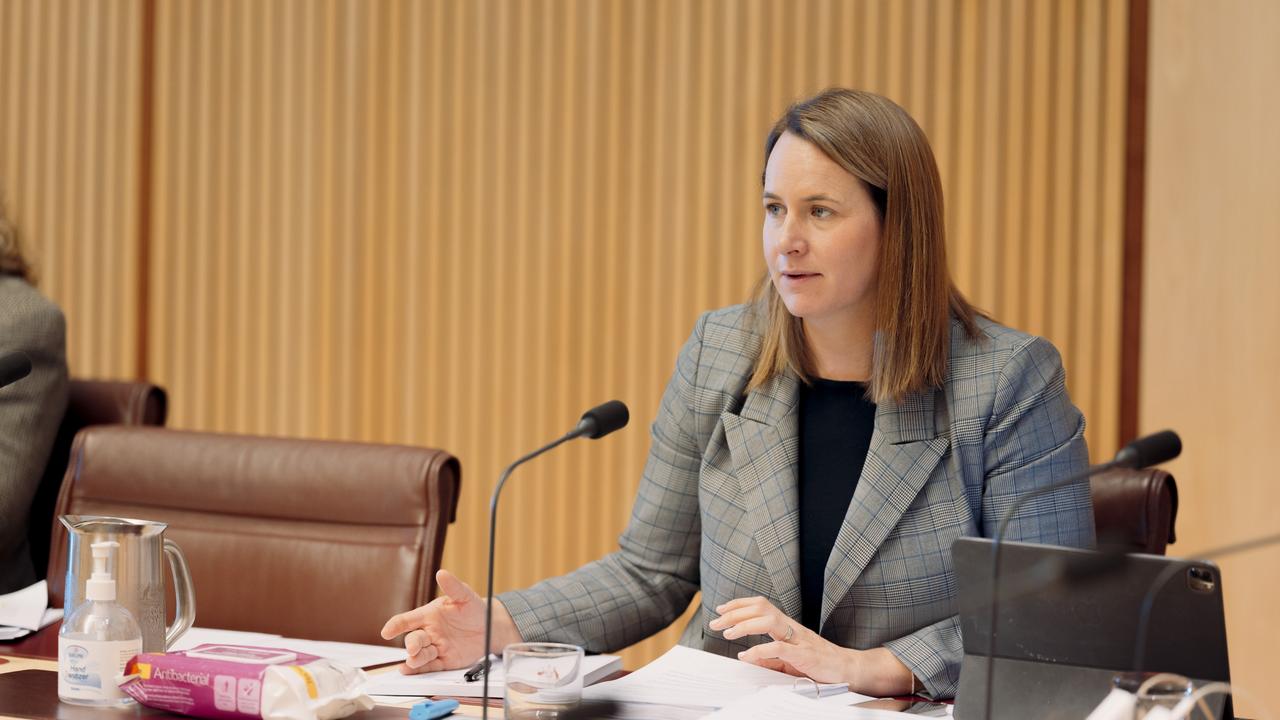
“It (right-wing extremism) is not a unified motivation. There is no right-wing extremist in the sense of a grouping of them all together and quite often they have a cocktail of believes,” he said.
Dr Coyne said a “blurring of the lines between mainstream media and the dark corners of the web” contributed to the acceptability of violent beliefs and radicalisation, including white supremacy.
Those ideas were shared by research students from the Australian National University who gave evidence that young people were finding extremist “communities” on social media websites.
“A lot of people driving these communities are leaving comments on social media or speaking to (people) on video games (and) might be trying to target lonely people who are easily angry,” they said.
The inquiry is being chaired by Queensland senators Paul Scarr and Nita Green and is expected to hear further evidence from Islamic groups and police on Wednesday.


